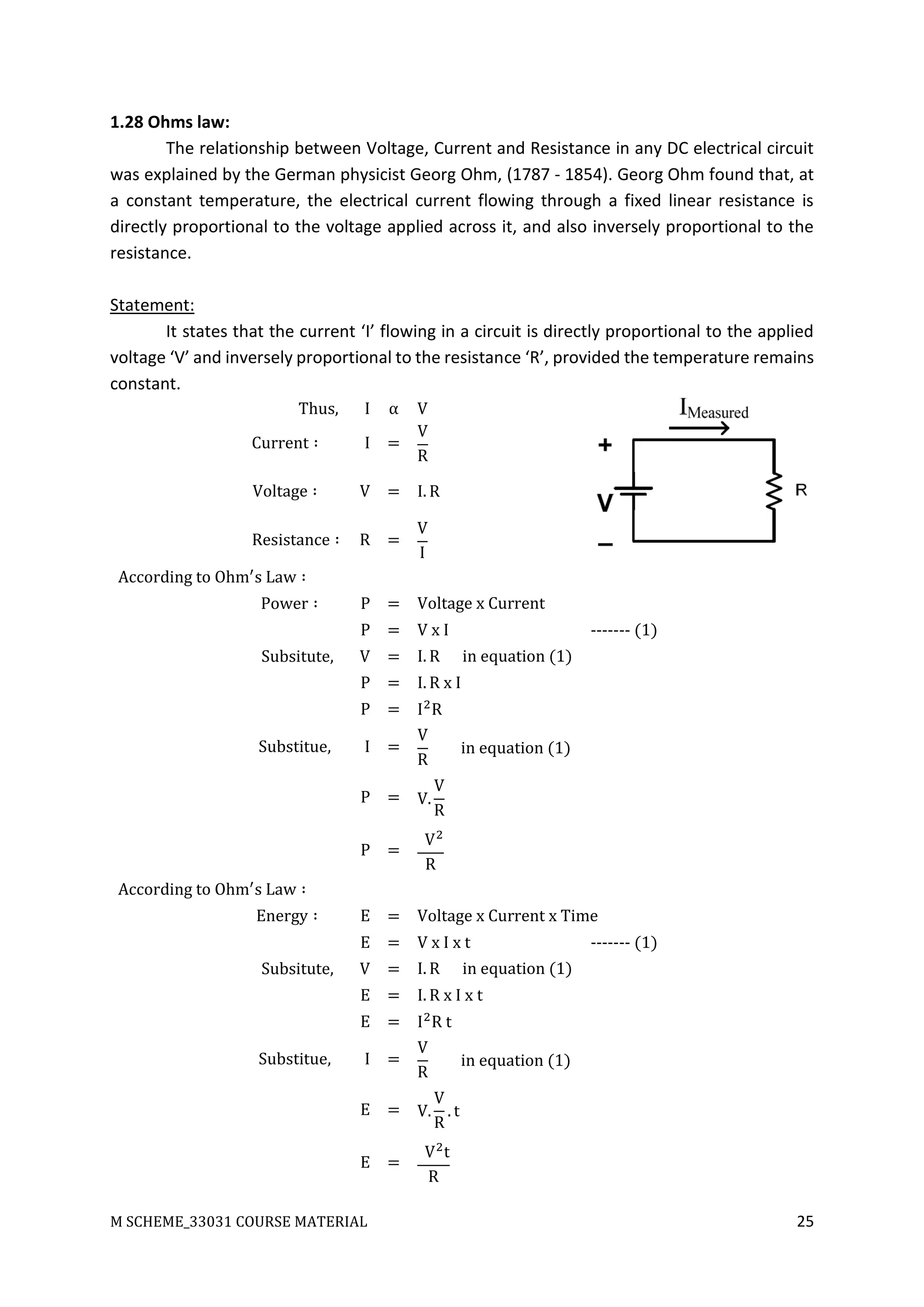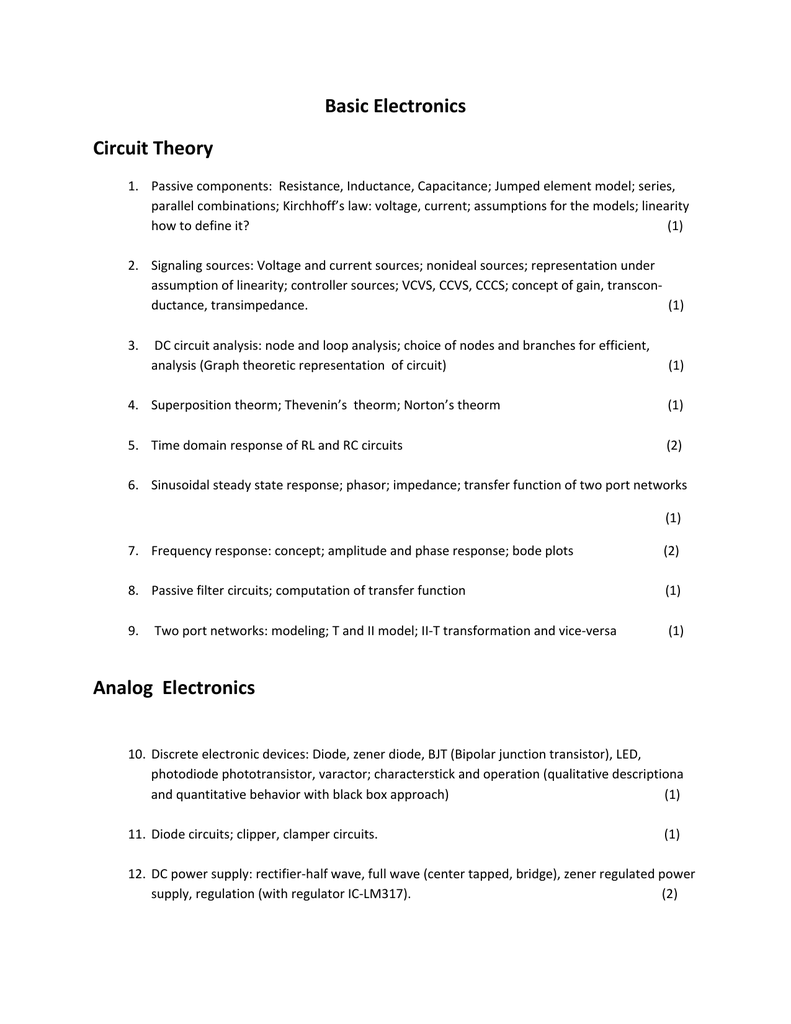What Is An Electronic Circuit Circuit Diagram Electronic theory explores the behavior and flow of electrons in materials and circuits. Voltage, current, resistance, capacitance, and inductance are fundamental concepts in electronic theory. Circuit analysis techniques such as Kirchhoff's Laws, Ohm's Law, Node Analysis, Mesh Analysis, and Superposition Theorem are used to study electrical

Electric circuit theory is one of the most vital aspects of electrical engineering. Understanding how components work individually and collectively is the basis for designing, manufacturing, and troubleshooting all kinds of electronic devices and systems. Electronic Devices and Circuit Theory 11th Ed.pdf. Electronic Devices and Circuit Theory 11th Ed.pdf. Save changes. Sign In. Details Back. Transcript. Close side sheet. Page 1 of 927

PDF Fundamentals of Electronic Circuit Design Circuit Diagram
The following text is designed to provide an efficient introduction to electronic circuit design. The text is divided into two parts. Part I is a barebones introduction to basic electronic theory while Part II is designed to be a practical manual for designing and building working electronic circuits.

Circuit Theory Prof. Todd Huffman What is circuit theory? Analysing (electrical) circuits, applying basic rules • The Art of Electronics, Horowitz and Hill, CUP 3 . Ohm's law Voltage difference current I L A V V IR R=Resistance Ω[ohms] Resistor symbols: R 4 . Other Circuit Symbols I 0 V 0 Basic Electronics Tutorials and Revision Helps Beginners and Beyond Learn Basic Electronic Circuits, Engineering, and More. Visit Today! AC Circuits Tutorials about AC Circuit Theory and RLC Resonance networks. 24. icon . AC Circuits. 24Tutorials . icon . Amplifiers. Basic Electronics Tutorials Amplifier Category Page. 18. icon .

Circuit Theory Circuit Diagram
Learn electrical and circuit theory with our tutorials on Ohm's Law, Kirchhoff's Laws, resistance, capacitance, inductance, Learn about the different types of earths and grounds, and how they apply to everyday electronic circuits. Ohm's Law, Power and Energy. Graham Lambert 3 6 min read. Learn the concepts of energy, power, and Ohm

6.002 is designed to serve as a first course in an undergraduate electrical engineering (EE), or electrical engineering and computer science (EECS) curriculum. At MIT, 6.002 is in the core of department subjects required for all undergraduates in EECS. The course introduces the fundamentals of the lumped circuit abstraction. Topics covered include: resistive elements and networks; independent Circuit theory is the cornerstone of electrical engineering, providing the rules and methods for analyzing electrical circuits. This page delves into the principles of circuit analysis, including Kirchhoff's laws, Thevenin's theorem, and Norton's theorem. Now, let's apply Ohm's law to the following circuit (for exercise purposes only, circuits are theoretical) and calculate the voltage and current supplied to each load. The schematic below shows a supply circuit for a child's bedtime toy. R1 represents the resistance value of the speaker and R2 shows the resistance value of the LEDs.
